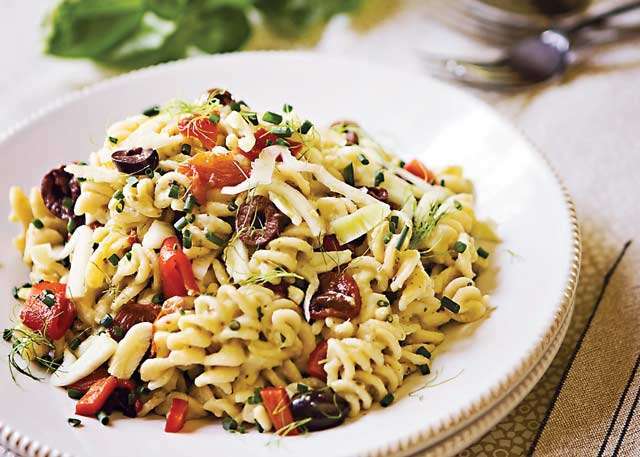For audio version, visit kansaswheat.org.
From breaking bread in Japan to making tortillas in Mexico to producing instant noodles in Nigeria, hard red winter (HRW) wheat is a staple ingredient in family dinners around the world. This November, Kansas Wheat invites our farmers to learn more about the top export destinations for the reliable supply of high-quality HRW they produce each year and the trade policy discussions and agreements that support those purchases.
“About half of the Kansas wheat crop is exported every year,” said Aaron Harries, Kansas Wheat vice president of research and operations. “Our top buyers love the consistent quality they get in Kansas wheat, and we work hard to build trust and relationships with these key customers by continually sharing information on the wheat crop and technical support.”
Each market has unique cuisines and market demands, but each also adds value to farmers’ bottom-line. According to a January 2016 economic analysis of wheat export promotion, U.S. wheat farmers received $45 in net revenue for every $1 invested in export promotion from 2007 to 2014.
Mexico is the largest customer year-in and year-out for Kansas HRW wheat, thanks to an interconnected supply chain between Kansas elevators and Mexican flour mills. Duty-free access established by the North American Free Trade Agreement (NAFTA) and solidified by the United States-Mexico-Canada Agreement (USMCA) helps keep wheat flowing south, mainly by rail. Mexico has purchased 51.6 million bushels (1.4 million metric tons) of U.S. HRW wheat in the 2020/2021 marketing year, as of Nov. 5, 2020.
Chinese purchases of HRW jumped from zero to 36 million bushels (981,000 metric tons) as of Nov. 5, 2020. These purchases made following the Phase One agreement, which went into effect in early 2020, put China as the second largest market for HRW thus far in the 2020/2021 marketing year. Related to these trade policy discussions, China agreed to start filling an annual reduced tariff rate quota for imported wheat of 9.6 million metric tons (nearly 353 million bushels).
Nigeria’s appetite for instant noodles has grown exponentially as U.S. wheat farmers and U.S. Wheat Associates (USW) helped the milling and noodle manufacturing industries develop in this West African nation. Competition for wheat sales with the Black Sea is growing in this cost-sensitive market, making it important for groups like Kansas Wheat to stay in close contact with these key customers. Nigeria remains the third largest customer for HRW wheat in the 2020/2021 marketing year, purchasing 21.3 million bushels (579,000 metric tons) as of Nov. 5, 2020.
Japanese flour millers and U.S. wheat farmers have partnered together for more than 60 years to the mutual growth and prosperity of both. Approval of the U.S.-Japan Trade Agreement in 2019 helped solidify this trading relationship by putting U.S. wheat exports on equal footing with competing supplies in Canada and Australia. As the fourth largest customer thus far in the 2020/2021 marketing year, Japan has purchased 20.8 million bushels (567,000 metric tons) of U.S. HRW wheat as of Nov. 5, 2020, up six percent year-over-year.
Learn more about each of these markets and the incredible return on investment from export market promotion through Kansas Wheat’s partner organization — U.S. Wheat Associates — at uswheat.org.
###
Written by Julia Debes for Kansas Wheat



